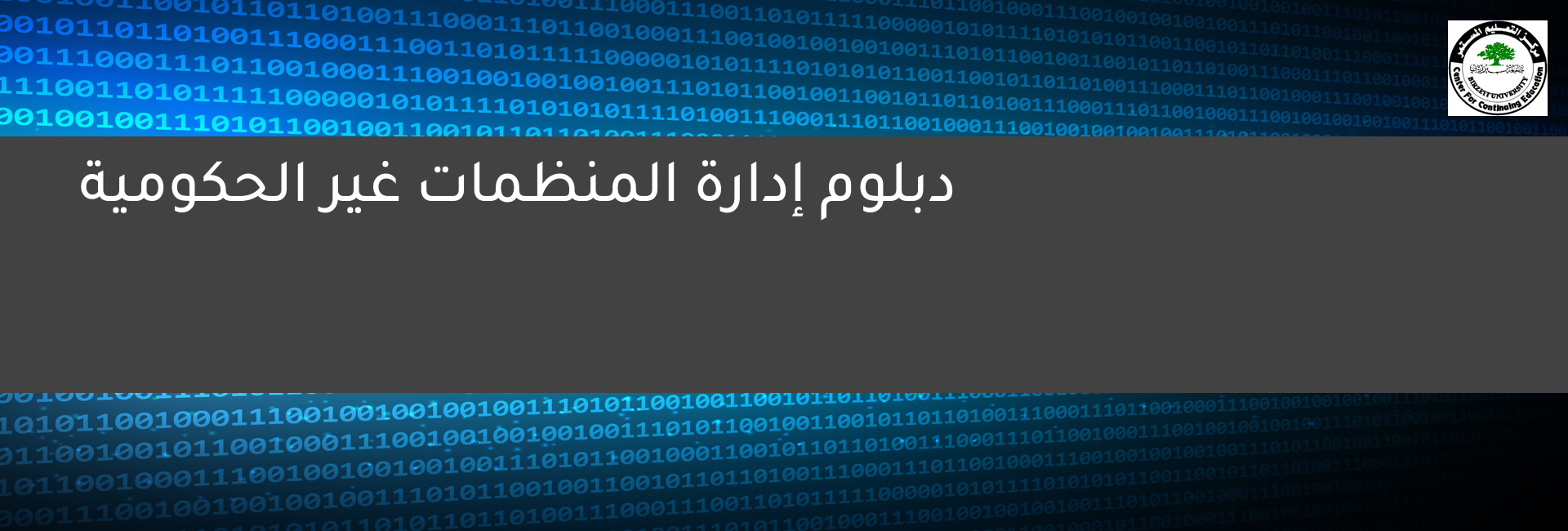We will start by Introducing the concept of work team, and examples of different work teams. we will be working on group building, by enhancing knowledge of team formation, and through a set of exercises and activities, and the importance of working within teams for individuals and institutions. Relationships between the team, work and productivity, through a set of exercises and activities, the most important concepts and stages related to team building will be reached. We will allow participants and participants to discuss the dynamics of working in a team and the factors affecting it, the characteristics of successful teams, and the challenges facing the team, through practical situations to discuss and analyze them, and to suggest appropriate interventions to deal with these challenges, in addition to sharing their personal experiences and challenges they faced during Working in a team and how it was handled. The importance of communication in the workplace and the basics of communication will be discussed, in addition to enhancing the understanding of the communication process by analyzing the communication process between the parties through workplace situations.
We will focus on individual communication skills such as active listening and providing feedback, in addition to reviewing the levels of communication in the workplace. The focus will also be on developing skills to deal with communication obstacles through practical situations. we will aslo discuss the concept of leadership, the advantages and capabilities of the leadership personality, and to give the participants and participants the opportunity to consider and enhance the leadership advantages in their personalities.
We will link leadership qualities and gender standards in the leadership behavior of participants and participants in the reality of work in the organizations in which they work. (Promoting confidence, non-discrimination, motivation, positive change, using the advantages of the ability to influence through different levels of leadership and not only the strength of the position, it will also focus on delegation as a leadership approach that indicates self-confidence, strengthening and motivating the cadre, and allowing the production of leaders not followers, from Through the use of activities and exercises that show the concept of delegation, how and when to delegate, its importance to the institution, its leadership and its cadres
